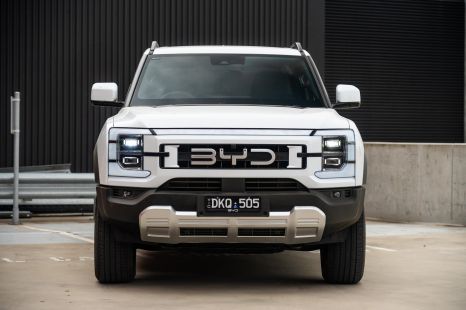

Max Davies
BYD deals bring drive-away savings for Sealion 6, Sealion 7 and Shark 6
16 Minutes Ago
'Regardless who I am, regardless of my skills, regardless where I am, and regardless who is my chosen retailer, I don't need to fear that I am worse off than someone else buying this car'

Senior Contributor
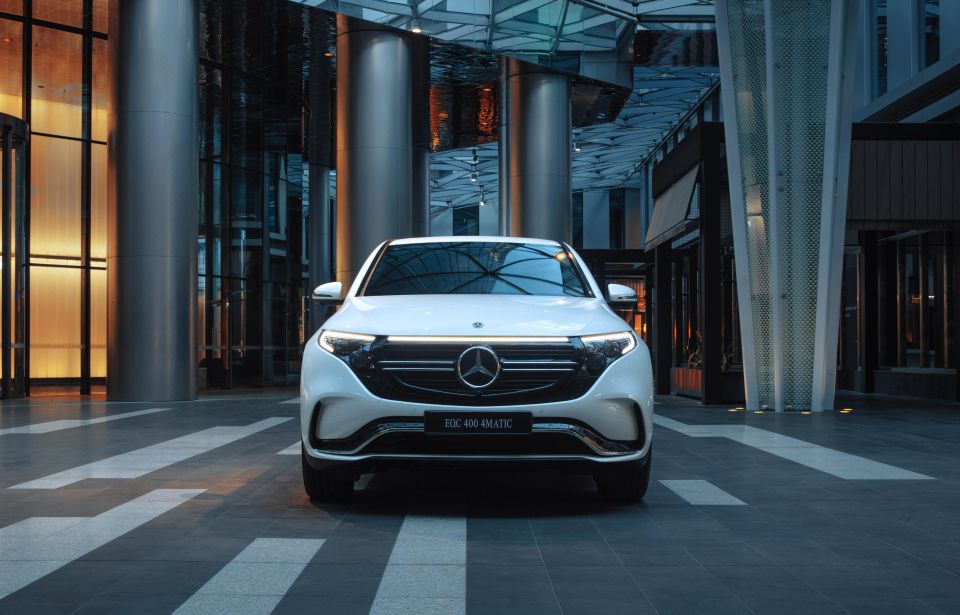

Senior Contributor
There’s a senate inquiry underway that has broadened in scope, from investigating the exit of General Motors Holden in Australia to a wider examination of the relationship between car manufacturers and their dealers.
In the majority of instances, car dealers are not part of a car brand. They’re independent businesses with franchise-like relationships to (often multiple) manufacturers, who buy cars from these marques and sell them to customers for a markup.
They then hope to retain those customers with servicing down the line.
The car dealers, and their peak body the Australian Automotive Dealer Association (read our last interview with AADA chief, James Voortman, here), have sought to adjust the power dynamic between them and car brands, which they in some part see as being unequal.
“Not every manufacturer treats its dealers poorly, but the AADA is concerned over the growing reports we are receiving from dealers aligned to various brands,” Mr Voortman said recently.
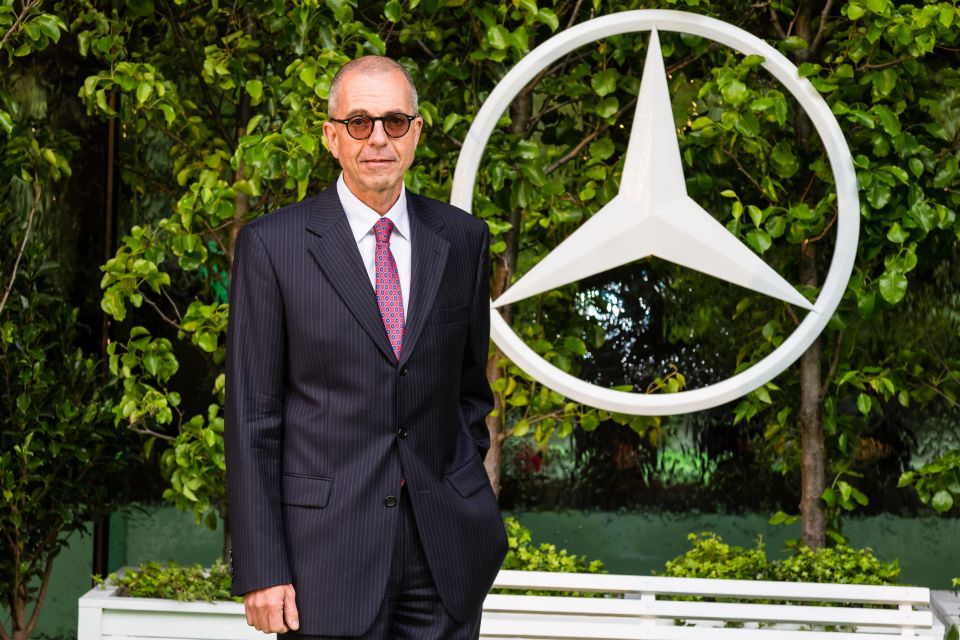
Peak body for car brands, the Federal Chamber of Automotive Industries, retorts many dealers are part of large multi-franchise groups with significant scale and cash flow of their own, and are therefore not always weaker partners – “not in a vulnerable position vis-a- vis the manufacturers,” in its words.
In this often collegial but sometimes fraught climate, several car makers are investigating different ways to move beyond the majority model – which has been in place for a long, long time – to better satisfy customer demands. Naturally, change creates controversy.
The questions being asked internally at these brands centre on how to match 21st century customer expectations, how to embrace digitised channels to a greater extent in particular. It’s not lost on the industry that Tesla has broken the mould and sells vehicles online, and through brand-owned stores.
One of the two highest-profile car companies in Australia exploring a new approach and battling some pushback is Mercedes-Benz, the biggest-selling luxury brand. It has previously announced plans to shift to an ‘agency model’ from 2022, which has potential to change a lot of things taken as normal.
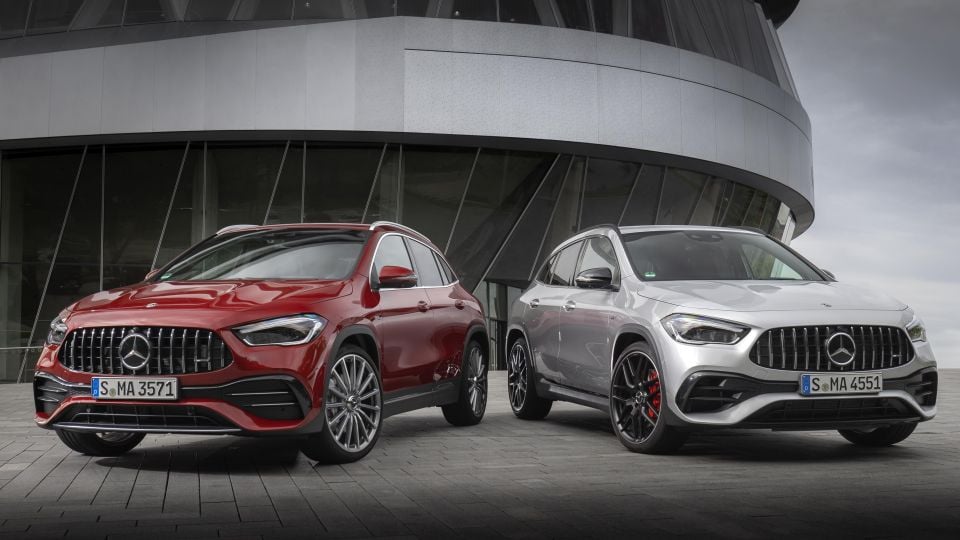
Under this model, rather than selling stock to a dealer, Mercedes-Benz will retain ownership of factory-fresh new cars until they’re sold to a member of the public. Dealers will receive a predictable fee for facilitating a sale and satisfying the customer, but won’t actually own (usually through finance) stock they’re selling.
Thus, dealerships will become new-car sales ‘agents’, and while they remain the main customer interface, the nature of their role alongside an OEM changes.
Mercedes-Benz says it means customers will be able to access its nationwide stock database, and won’t need to go from dealer to dealer to get the specific vehicle option or colour that they want. Such a model also removes scope for haggling at the dealer, because prices will be controlled by Mercedes itself.
It will still have the means to offer sales events and discounts, but they’ll be at scale rather than dealer-specific.
In its submission to the inquiry, Mercedes-Benz Australia cited research it commissioned, showing 60 per cent of its buyers indicated a preference for haggle-free buying, 74 per cent saw negotiating as a “necessary evil”, and 65 per cent found the overall purchase process “mistrustful and lacking transparency”.
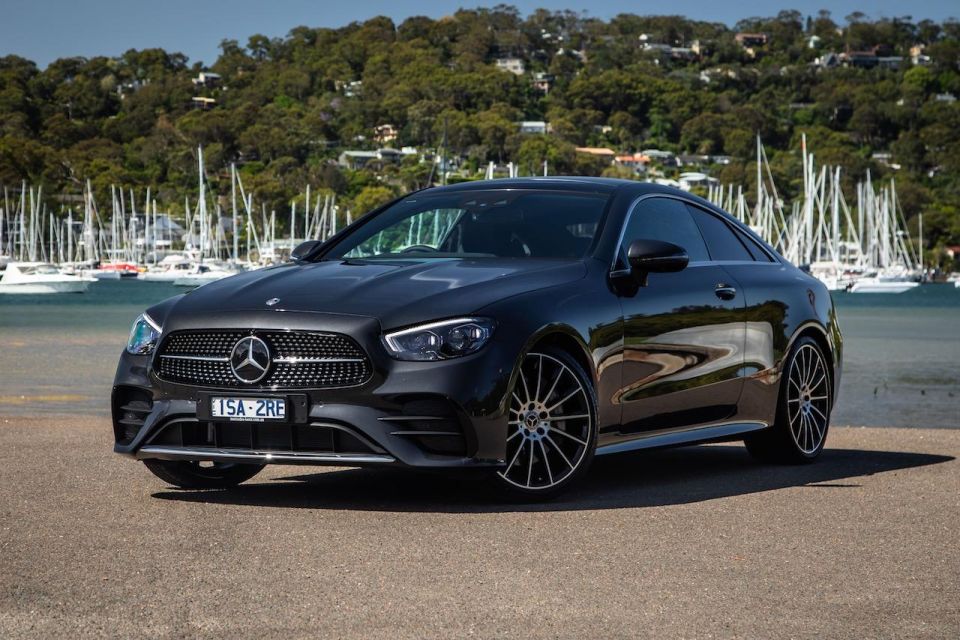
“Amid shifting global and local landscapes it has become clear that customers have different expectations and want to engage with the car buying process in new and evolving ways,” it contends.
Yet under this model, some dealers feel they might lose flexibility that they have previously had, to outgun one another on deals or to leverage their larger footprint to offer more diverse stock than others near to their catchments. Their role in the new car space could become more passive, it’s contended.
Mercedes-Benz’s current dealer agreements expire at the end of 2021, and its national network of 50 dealers can either sign up to the new model, or lose the right to sell MB cars.
“MBAuP anticipates that all dealers will elect to move forward with the new model which is expected to launch in 2022. MBAuP has no current plans to contract or restructure its dealer network in order to transition to the agency model,” it told the inquiry.
We should note here that the agency model only applies at present to new-car sales, not demos, used cars, servicing, parts, and finance – all potentially lucrative channels for dealerships.
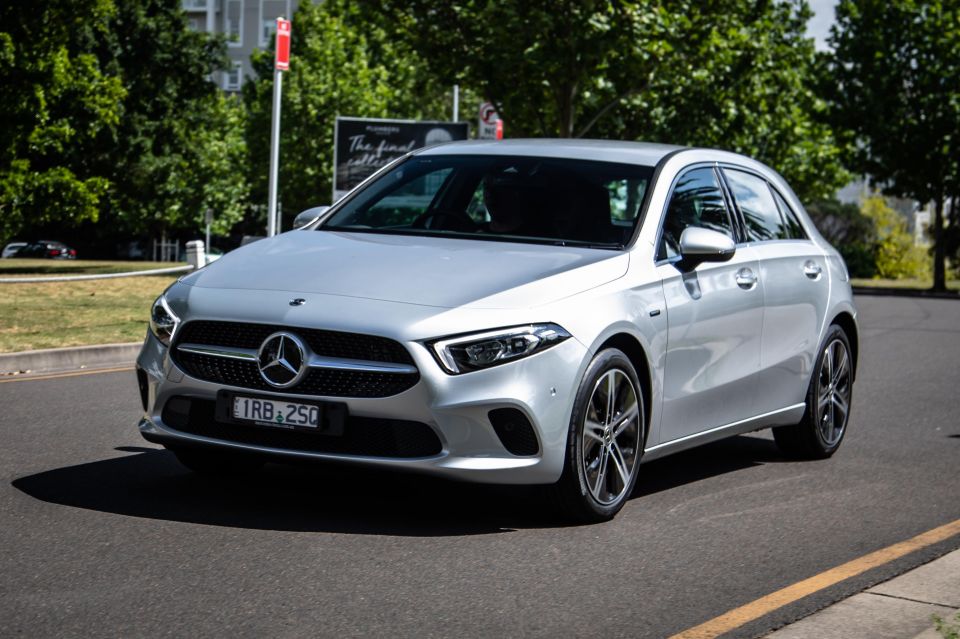
In order to better understand and clarify the arguments behind Mercedes-Benz Australia’s planned structural reform, we spoke with its managing director, Horst von Sanden, shortly after he presented at the senate inquiry.
Horst von Sanden: Absolutely, there is still some concern. And, you know, it’s twofold. One is obviously the model is not finalised yet. And there are concerns [around] what’s the final concept looking like.
But I think the basic thing is really the fear for change, and the acceptance that change is inevitable. Our industry and the way of retailing cars hasn’t changed for a long, long time. And, you know, we are all stuck in those traditional ways of doing things.
Every massive change, and this will be a change, creates some fear. So we have no illusions.
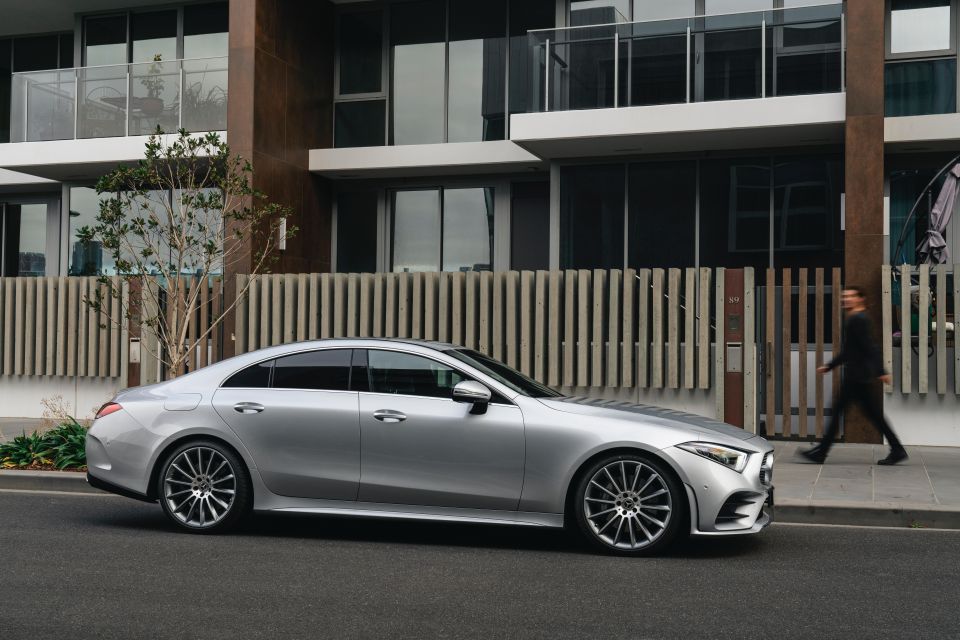
HvS: I would probably be lying if I ignored that risk. The art or the passion for haggling is different in different individuals, and some hate and some love it. Some think they’re good at it, and some are really good at it.
So if you are a passionate and successful haggler then you might find it disappointing that there is no opportunity for that anymore.
Then there are a lot of people who do it because they think they have to do it. And I think they will be comfortable with the [new] experience of not, because it’s not so much the fear of not getting the best price by being a bad negotiator, but the fear of not getting a good deal like someone else.
To go back to your question, yes there will be people who don’t like it, whether they will buy somewhere else or not I couldn’t tell you. But it’s not risk-free.
HvS: I think it’s very simple and it goes back to what I just said a second ago – it is the certainty that regardless who I am, regardless of my skills, regardless where I am, and regardless who is my chosen retailer, I don’t need to fear that I am worse off than someone else buying this car.
And I think that is a level of confidence that has never existed before. Because even if you think you’ve been treated well, you think you have got a really good offer, you might still find someone else who got a bit of a better offer, and that is a disappointing experience. That will never happen again.

HvS: I couldn’t tell you for sure, but every model, every business concept, whether it’s today’s concept or tomorrow’s concept, will develop further. Stagnation, just implementing one model in January 2022 and then never touching it again until the next big revolution comes, that is an illusion.
So every business model is permanently reviewed and adjusted, and feedback is taken on board and our retail experiences will be looked at and analysed. And we will then make adjustments, improvements, changes to the model.
But at the moment, there is not a fixed plan that we say ‘okay, we know exactly here is step one, step two, step three’. So that’s why we start with new car sales, we will see how that goes.
HvS: We started very early with that discussion, before Stuttgart officially defined it and also publicly announced that the agency model is the chosen and preferred business model for Mercedes-Benz Cars worldwide.
We started in 2016, 2017, as a pilot from us, but in the meantime, Stuttgart have analysed that this is their business model. We are no longer a pilot, but one of the markets that are implementing this at an early stage. There are two markets where it is live: South Africa and Sweden.
We’re not a guinea pig, we are just a market that implements in January 2022, and there might actually be one or two markets that implement before us.
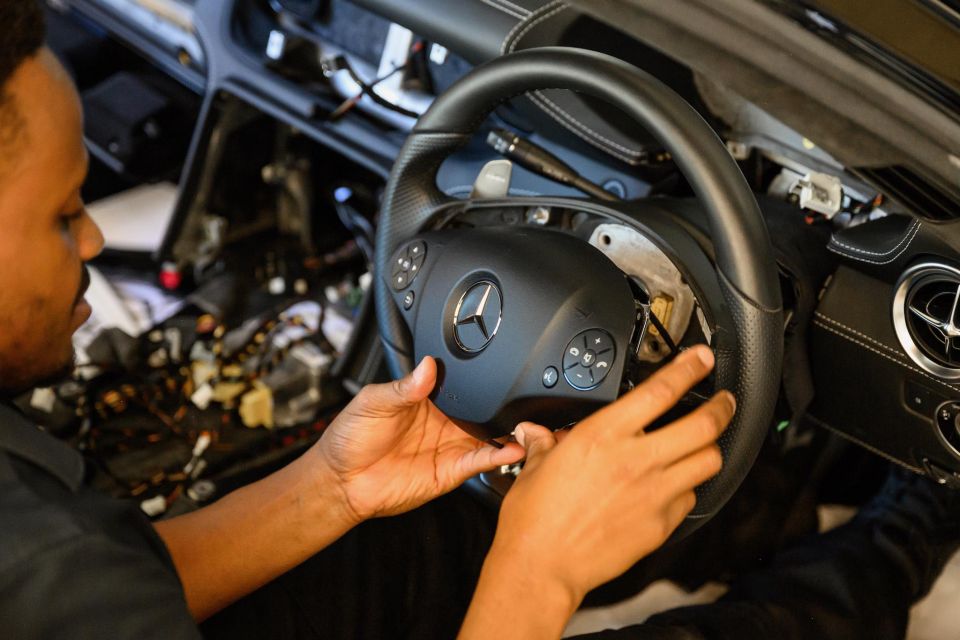
HvS: That is all subject to finalisation. You know, we have always had different ports of arrival and vehicle preparation centers there. And that continues.
So the cars will come in, probably based on a certain regional planning, but then obviously the additional challenge and what needs to be finalised in terms of logistics is, how do we get a vehicle that has landed in Brisbane and is required in Melbourne?
Or let me even say more specifically Shepparton [town in regional Victoria], because the Shepparton dealer has sold that vehicle to his customer there, so how do we get that there quickly and efficiently?
These are all details logistically that need to be fine-tuned. But yes, that’s basically how it is – to store cars wherever they arrive. And we have allocated demonstrators in the dealerships.
HvS: That is under discussion at the moment
…We have a corporate program, but all our programs are basically even today being handled through the existing retailers. So for that reason, it is reasonably easy to adjust that.
So if we have a fleet program, for example, or a corporate program, then this will be handled through retailers as it is today.
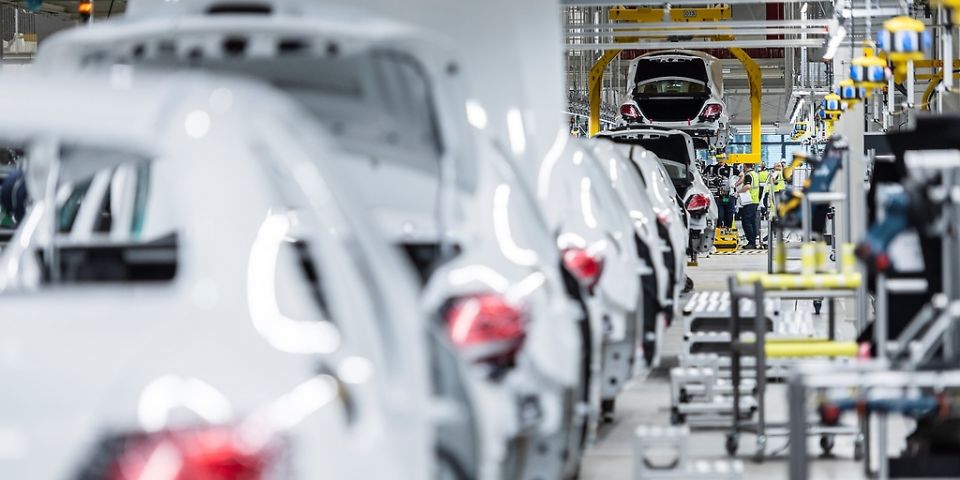
HvS: Look, we can only tell you what we have calculated, modelled, what we have seen from other markets that have implemented.
Our assumption is that our dealer profitability will be on the same level, and for that reason, the second part of your question, do they make less and you pocket it, is irrelevant, because they will make as far as we can see, similar profitability.
HvS: We continue to have ambitious targets, we have no intention to give up our dominant position in our segment. Do we see risks? Absolutely, every change, every challenge to the status quo with the new approach does have risks.
But if you don’t do it, the risk of not being ready for the future is greater. So we are confident that we have developed a model and we will continue to evolve the model which is good, which gives us also the opportunity to stay as successful as we are today. But the proof will be in the pudding.

HvS: I’m an optimist. And I am a strong believer in the basic principles of entrepreneurship, and entrepreneurial freedom. And I hope there is enough common sense that is not compromised.
… So this is why we passionately fight against an over-regulation of the industry, because over-regulation of the industry will destroy opportunities, destroy adaptability, and flexibility, for market and economic changes, and in the end will be negative.
Will we see damage? You know, that’s difficult to say because I can’t see it happening, but if something completely illogical could happen, then it might damage us, but I believe that the basic principles of you know, a free market and entrepreneurship should not be compromised, especially in an open and innovative country like Australia.
Like these industry chats? They all live here. Here are just a few more that we’ve put together that you might want to check out.
Go deeper on the cars in our Showroom, compare your options, or see what a great deal looks like with help from our New Car Specialists.


Max Davies
16 Minutes Ago
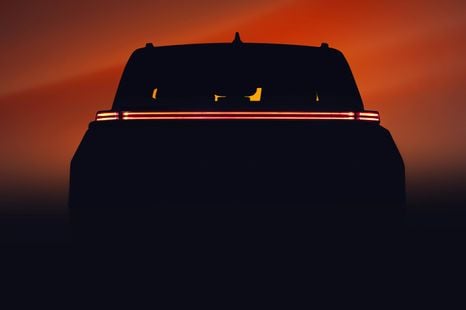

Damion Smy
47 Minutes Ago
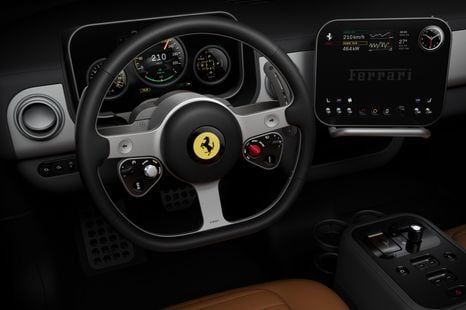

William Stopford
53 Minutes Ago
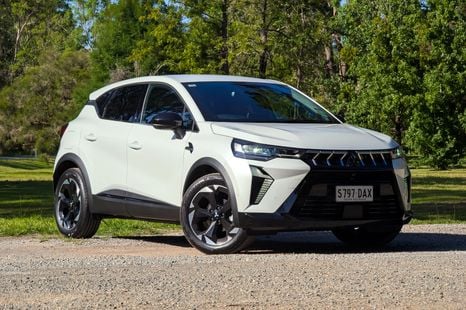

William Stopford
1 Hour Ago
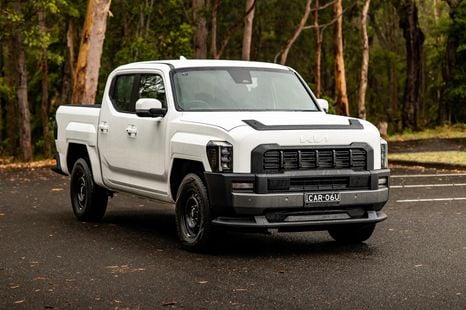

Damion Smy
3 Hours Ago
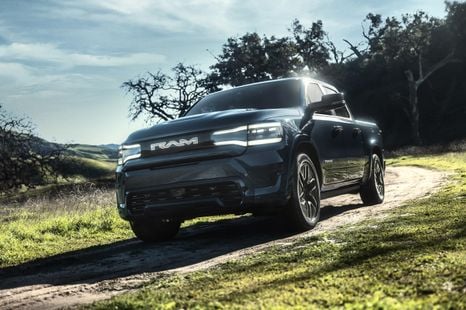

Derek Fung
7 Hours Ago
Add CarExpert as a Preferred Source on Google so your search results prioritise writing by actual experts, not AI.